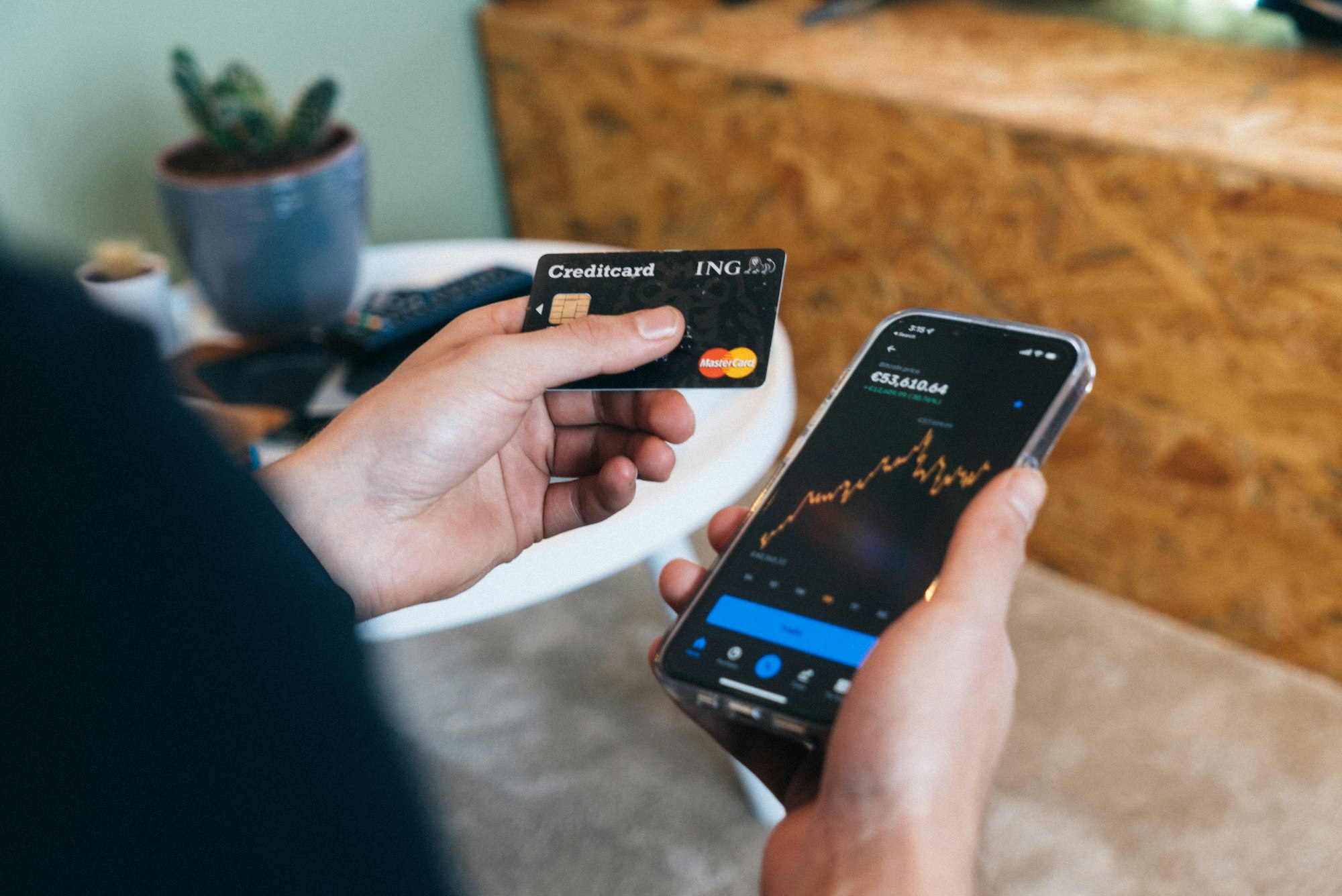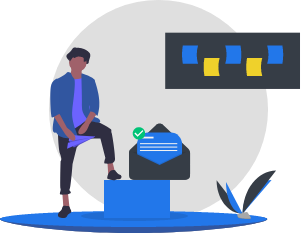When credit cards are used irresponsibly, they are a surefire way to end yourself in debt. However, if used wisely, the same card can help you meet your financial obligations and give you some much-needed breathing room as you manage your finances.
Start saving in digital gold with as low as Rs 10!
Here are some wise strategies for avoiding credit card debt and managing the balance on your card:
1. Consider Using a Balance Transfer Service
If you're already in a severe debt cycle, a balance transfer or shifting your debts from one card to another is your best alternative. Using a balance transfer, you can move your balance from one card to another or from several cards to one single card. You will be temporarily debt-free as a result of this.
The second bank offers a credit-free period of up to 90 days to help you quickly pay off your outstanding balance. The cardholder will charge regular interest once the credit period has expired.
Also read: What is Credit and How it Works
2. Convert Payment to EMIs
If you're having trouble repaying your credit card debt, speak with your bank about converting the balance to monthly EMIs.
On the other hand, banks charge a monthly interest rate of 2% to 3% for authorising EMIs. A processing fee of 1-2 per cent of the outstanding balance will also be charged.
Start saving in digital gold with as low as Rs 10 and earn up to Rs 25 lakhs on the Wizely app.
3. Pay off the Loans with the Highest Interest Rates First
This is something that people overlook. When you have bills on multiple cards, most people will first pay the one with the earliest due date. This is a bad strategy. Pay off the loans on the credit card with the highest interest rate first. This lowers your total interest expense because unpaid dues with higher interest rates quickly accrue interest.
4. Speak with your Credit Card Company
If you cannot pay your debts due to a financial hardship caused by a job loss or other personal circumstances, interest charges will continue to accrue.
It may be more difficult to settle later on due to this. It is suggested that you speak with the bank and explain the issue. If you are sincere, banks are more willing to relax their interest-recovery policies or give temporary relief.
Also read: Understanding Your Credit Card Bill
5. Take Advantage of the Holiday Season
Taking full advantage of the holiday season is the most excellent method to manage your credit cards. You may be eligible for up to 50 days of interest-free credit on your credit card. Depending on your payment cycle and the day you make a transaction. So, if you're in a temporary financial bind, make scheduled purchases on your credit cards to make the most of your holiday while avoiding interest charges.
6. Pay More than the Minimal Amount
Many cardholders make the mistake of only paying the minimum amount. As a result of their mounting debts, many borrowers find themselves trapped in a never-ending debt cycle. Remember that credit cards have extremely high-interest rates, and paying simply the minimum due amount will only increase your outstanding balance at an exponential rate, depending on the amount owed.
Start saving in digital gold with as low as Rs 10!
7. Consider Using an Automatic Payment Facility
Because of the high-interest rate on credit cards and a late payment fee, using an automatic payment facility to avoid missing bill payments is recommended. You won't have to worry about missing repayment dates if you're travelling or don't have access to your bank because the bill amounts will be withdrawn from your account without your action.
8. Be Aware of your Billing Cycle
Make sure you understand your credit card billing cycle to get the most out of your credit-free period. For example, if your card offers you a 30-day credit-free period, it begins on the first day of the monthly billing cycle, not the day of your transaction. So, if your card's billing period begins on the 10th of every month, any purchase you make on the 9th will only offer you one day of interest-free credit. However, you'll get 59 days of interest-free financing if you buy something on November 11th. Knowing your bill cycle allows you to better plan your purchases and manage your credit card payments.
9. Limit the Number of Credit Cards you have
You may receive offers for new cards from sales representatives visiting your office or from the countless emails you receive from numerous banks.
"The offers appear to be seductive, and there is no doubting that credit cards are useful financial tools. However, using many cards raises your chances of sliding into a debt trap due to missed deadlines. Furthermore, the buy-now-pay-later concept tempts even the most frugal shopper to waste on non-essentials.
10. Regularly Track your Bills
You can be in for a rude revelation if you file your monthly credit card statements away in a corner without glancing at them.
You can be in for a rude revelation if you file your monthly credit card statements away in a corner without glancing at them.
The bank may levy additional fees, or erroneous transactions may cause your card's due amount. There may also be fraudulent transactions carried out by unscrupulous individuals who have obtained your credit card's PIN or access credentials. These things can easily trap you in a financial trap.
It takes time and effort to manage your credit card debt. The good news is that the time and effort you put in will help you minimise or eliminate debt, boost credit, and relieve financial stress.
(Check out 'Learn & Grow with Wizely' to read and learn more about credit and credit instruments.)





